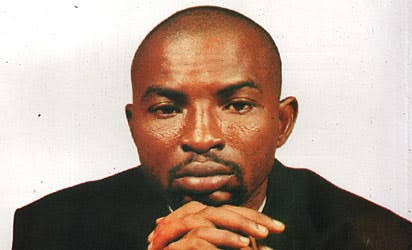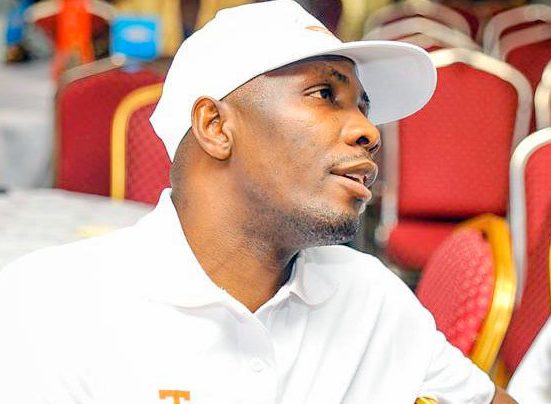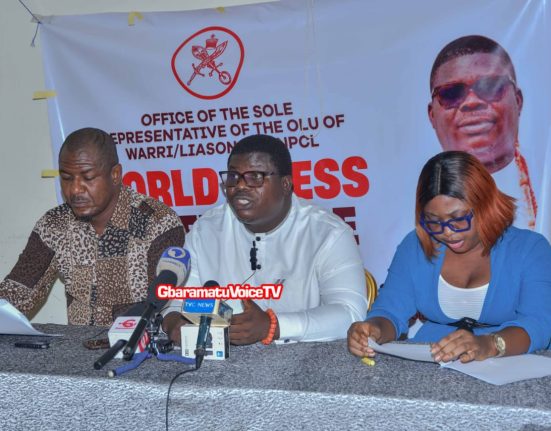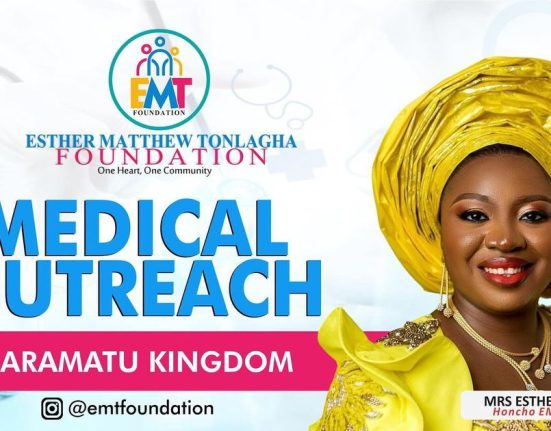By Dennis Alemu
Broadly speaking, culture is the totality of a people’s way of life. It is that embodiment of a people’s corporate identity seen from their day-to-day preoccupations like dressing, religion, arts, literature, cuisines, occupations, etc. that clearly distinguish them as a tribe, clan, etc.
According to the Centre for Advanced Research on Language Acquisition (CARLA), culture is “the shared patterns of behaviour and interactions, cognitive constructs, and affective understanding that are learned through a process of socialization. These shared patterns identify the members of a culture group, while also distinguishing those of another group.”
The distinctive elements which characterize or give coloration to a given culture are language, arts and literature, custom and tradition; mores, folklore, religion, beliefs, and values. The signification of these defining elements of culture is that when a supposed cultural community begins to relegate these elements to the background in preference for imported or non-indigenous cultural values, what it means in effect is that such culture is endangered. As it were, this gloomy picture had, hitherto, been the lot of the Ijaw cultural heritage. It is what greeted Governor Seriake Dickson back in 2012 when he assumed office.
Without an iota of exaggeration, the Ijaw culture, particularly the Ijaw language, had been indiscreetly relegated to the background before the birth of the Dickson Administration in Bayelsa State. The situation was so pathetic that even the Ijaw language was not accommodated in the school curriculum! Therefore, the burden in the heart of Governor Dickson to rescue and preserve the Ijaw culture from going into extinction was quite understandable. In fact, Dickson who himself is a product of the Ijaw struggle believes that the Ijaw language is a cultural treasure that is too valuable and dear to be allowed to be swept away by the forces of social change in our contemporary society.
However, the task to revive interest in Bayelsans in their culture – a culture that had suffered from decades of denudation – and develop a positive attitude towards it could not be achieved by political rhetoric and hollow policy statements. Apparently, it rightly called for well-erected policies with solid institutional structures, in the governance architecture to transition ideas to actions, and from actions to results. The Governor and the dependable members of his team did not lose sight of this.
This is the rationale for the establishment of the Ministry of Culture and Ijaw National Affairs by the Dickson Administration in 2012. As expected, the philosophical underpinning of the Ministry is given amplification in both the mission and vision statements.
In fact, the Bayelsa State Ministry of Culture and Ijaw National Affairs has a broad mandate, which among others things, to unleash the potential of arts, culture and heritage sector as a contributor to the economic development of Bayelsa State and the cohesion of the Ijaw people, as well as to restore the culture of the Ijaw people. In consummating this mandate, the ministry now under the tutelage of Mr. Austin Dressman is guided by its core objectives which include but not limited to the following:
• Projecting the Ijaw identity with a Bayelsa characteristic
• Developing and promoting the Ijaw language and its various dialects
• Supporting excellence and sustainability in Ijaw arts, music, movies and literature
• Managing and administration of arts, culture and heritage institutions
• Support for the umbrella organizations of the Ijaw people
Since inauguration, the Ministry has been implementing the following projects: The Ijaw Music Project, the Creative People Project 1 (Visual Arts), and the Creative People Project 2 (Crafts). Others are the Ijaw Film Project, the Ijaw Literacy Project, and the Bayelsa Identity Project. All these projects are streamlined to entrench and sustain the rebirth of the Ijaw culture in the wider cultural mix or milieu of the Nigerian society.
Another vitally bold step taken by the Dickson Administration to preserve the Ijaw culture is the introduction of the Ijaw language into the school curriculum of the state. Over the years, the language had been excluded from the subjects taught in the schools. This condemnable aberration had been left unaddressed by successive administrations despite its grievous contravention of Section 4 of the National Policy on Education.
This blight was aptly captured in the concern expressed by Governor Dickson: “Now we have competing cultures seeking attention. Today we have our children comfortably speaking other tongues; we encourage it but not to the detriment of our language which is a major component of our culture.”
We are happy to report that the redemptive efforts of the Dickson Administration had paid off with the teaching of Ijaw as a compulsory subject at the Basic Education level. Furthermore, the state-owned Niger Delta University now runs Ijaw Language at the diploma level. This is indeed a cheering news. Beyond this, efforts are in top gear to make the Institute of Ijaw Language be stream, in addition to the establishment of the Centre for the Study and Preservation of Languages. These projects are overseen by the Ministry of Culture and Ijaw National Affairs, in collaboration with the Ministry of Special Projects.
As further proof of his deep love of the Ijaw culture, Governor Dickson introduced the Bayelsa State symbols and icons, which are an embodiment of Ijaw unity, identity and solidarity in the Niger Delta, and in the diaspora. The symbols and icons include the flag and the coat of arms with deep symbolic meanings embedded in the culture, endowments and aspirations of the Ijaw race.
The Dickson Administration’s resolve to reinvigorate the Ijaw culture also finds expression in the policy which makes wearing of Ijaw (native) attires to offices mandatory by public office holders and civil servants on Fridays. The initiative has been a huge success so far. It reminds the Ijaw man and woman of their rich cultural heritage and the compelling need for them to take pride in their indigenous culture rather than despising it.
Furthermore, the Administration has given encouragement to scholars of Ijaw extraction to write and publish books on the Ijaw language. Government has also given scholarships to a number of Bayelsans to study Ijaw at the university level, who upon graduation would be absorbed into the school system to teach Ijaw language. The present administration in Bayelsa State also donated N250 million to the Yenagoa Film City, as a stimulus package for the take-off of the Ijaw Film Project in the state.
It is all too obvious from the foregoing that the Dickson Administration has done so much to preserve the cultural values of the Ijaw people and stem the ugly tide of cultural erosion in Bayelsa State. The pursuit of a literate Ijaw culture in the state deserves all the encouragement from all Ijaws both at home and abroad. Certainly, the right foundation has been laid to preserve the Ijaw culture. Now all stakeholders must take the right actions to ensure that the huge investment government has made in the above regard yields more positive dividends at the moment and in the near and foreseeable future of the Ijaw nation. As Governor Dickson himself did say, “We should endeavour to impart the essential part of our culture and traditions to make us the quintessential Ijaw men and women.”
Mr. Dennis Alemu is a member of the Bayelsa New Media Team
Follow us on Twitter @gbaramatuvoice
Support Quality Journalism in the Niger Delta Region
Join us in our mission to bring development journalism, cultural preservation, and environmental awareness to the forefront. Your contribution makes a difference in the lives of the people of the Niger Delta. Donate today and be a part of the change!










Leave feedback about this
You must be logged in to post a comment.